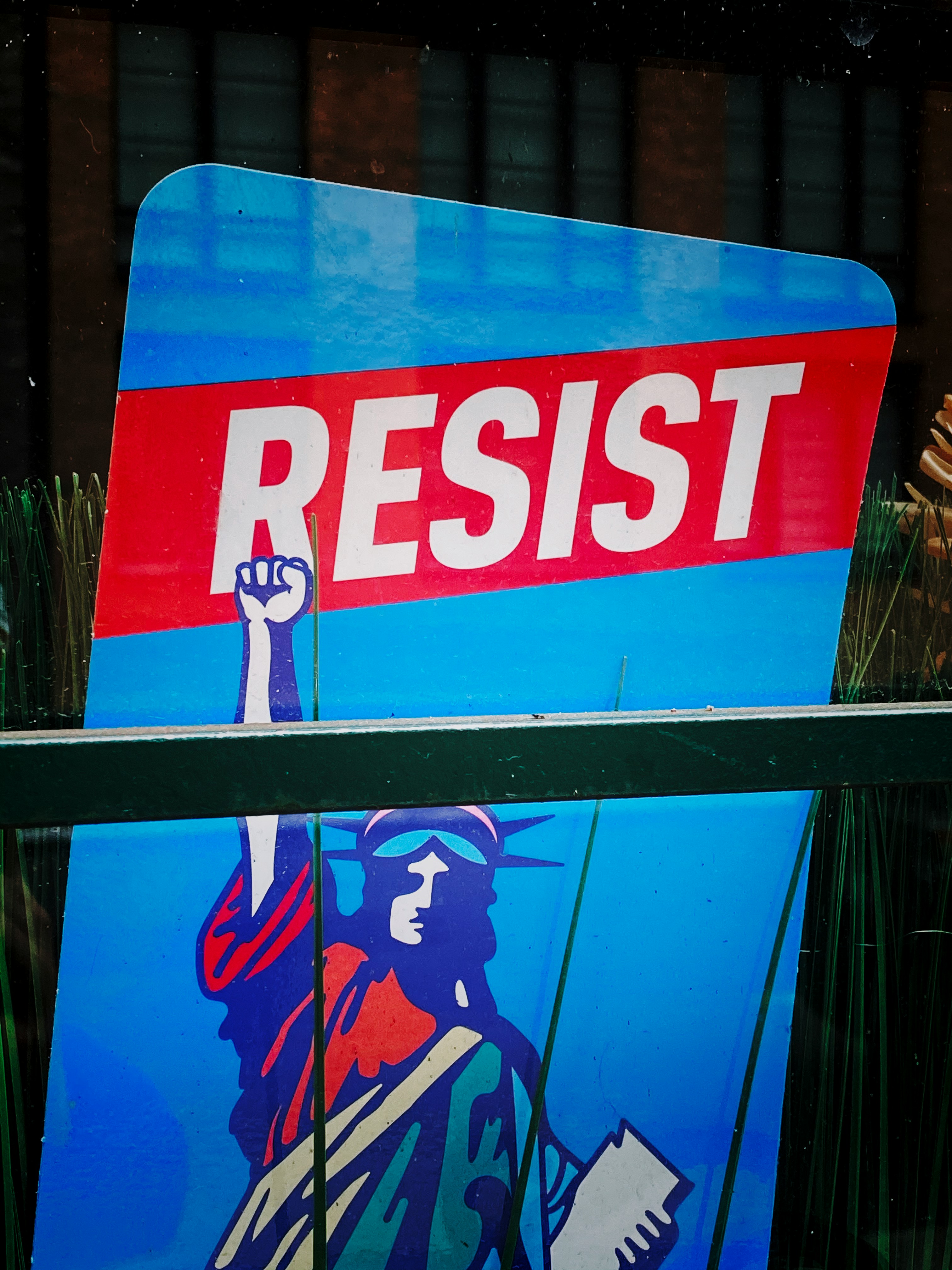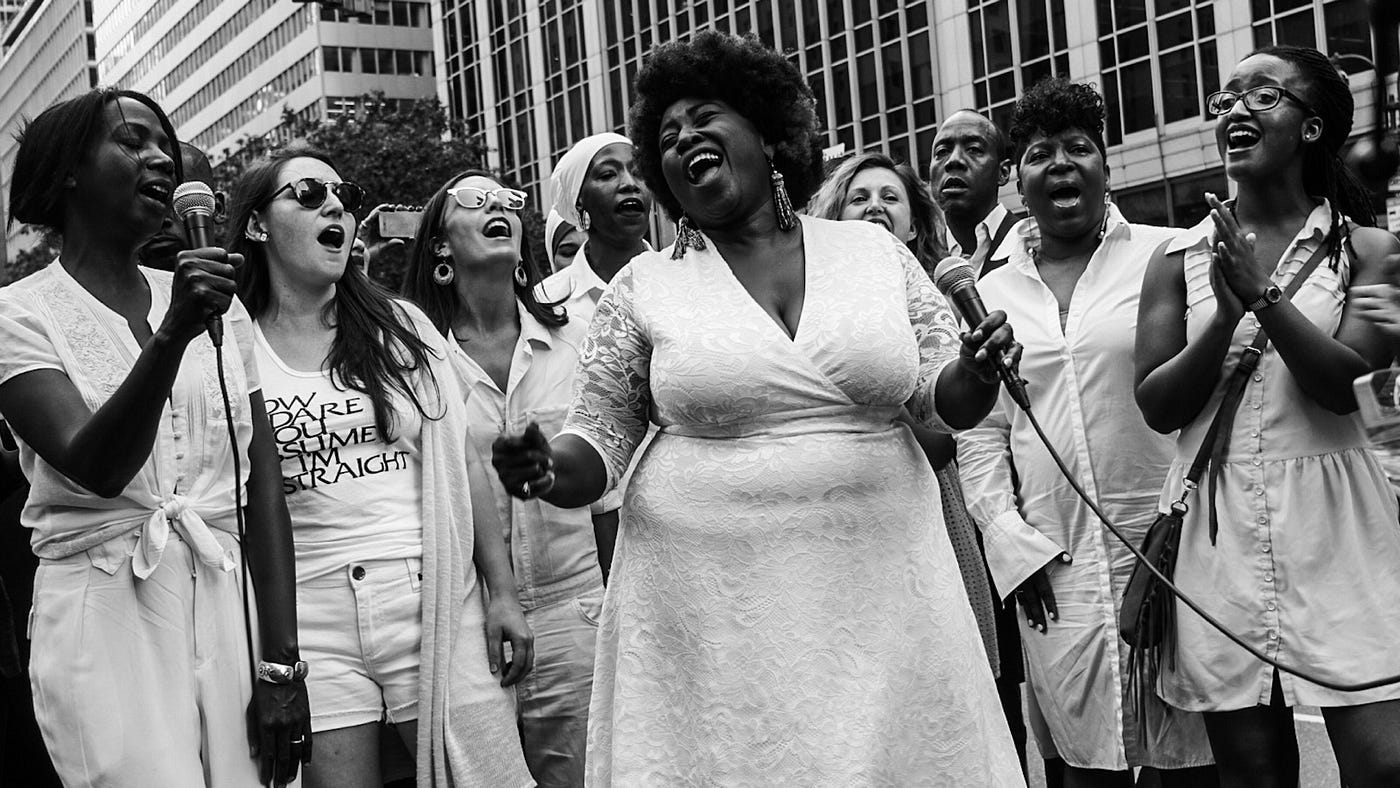General
Reclaiming Safety as a Cornerstone of Religious Freedom: South Carolina Faith Leaders Push for the Pray Safe Act
During a recent press conference in South Carolina, Tair Giudice, CEO of the Charleston Jewish Federation, highlighted the importance of security for South Carolina’s Jewish Community, emphasizing the importance of the “South Carolina Pray Safe Act,” H. 4145. The bill charts the path forward for protecting religious freedom and countering hate in South Carolina.
During the hearing, Tair stated, “We don’t want people to even think twice before setting foot in a Jewish institution. It’s crucial to our faith community to celebrate milestones, holidays, and mourn together without fear.”
Other Jewish community leaders in attendance included Brandon Fish, Director of Community Relations for the Charleston Jewish Federation, and Marsha Gewirtzman, President of Charleston's Jewish Community Relations Council. In addition to the grant funding for security, the bill calls for stronger protection for organizations at risk of religiously motivated violence.
South Carolina is currently one of two states without a hate crimes bill. This significant bipartisan bill, sponsored by Representatives Bernstein, Bannister, Stavrinakis, W. Newton, Kirby, Teeple, Gilliam, Bauer, Wetmore, Gilliard, J. Moore, Bustos, and Landing, proposes creating a grant program within the South Carolina Law Enforcement Division (SLED) to fund security enhancements for organizations at risk of religiously motivated crimes. This bipartisan support is a pivotal moment of hope for progress in South Carolina.
In a recent interview with ABC News, Thomas Dixon, pastor at Life Community Church in Mount Pleasant, SC, reflected on the tragic 2015 mass shooting at the Mother Emanuel AME Church in Charleston, which left nine people dead. The shooting, carried out by a white supremacist, was a stark reminder of the vulnerability of religious congregations to hate crimes.
Pastor Dixon stated, “I think [the bill is] key. It's ironic we have to do this because who in their right mind would threaten a religious congregation? But in the world we live in today, unfortunately, these things are necessary.”
Beyond physical violence, the psychological toll on faith-based communities is another concern for leaders to be aware of. The constant threats and memories of past attacks create a climate of fear that disrupts spiritual and faith gatherings and communal healing. Houses of worship, often central to education and civic engagement in public life, are forced to divert resources toward security instead of community fellowship.
Additionally, the politicization of hate crimes complicates the implementation of necessary protections. Moreover, media representation and public awareness often exclude the broader diversity of faith traditions impacted by hate, including Muslims, Sikhs, Hindus, and indigenous faith and spiritual groups. When narratives center only on specific communities, others remain invisibilized. We must reaffirm our commitment and alliance to religious freedom, not just as a constitutional right, but as a sacred duty to all.
Transcript

Announcing the 2025-2026 Interfaith Leadership Network Fellows
Interfaith Alliance is proud to announce the 2025–2026 cohort of the Interfaith Leadership Network, an extraordinary group of clergy, pro-democracy advocates, and community leaders advancing civil rights, inclusive religious freedom, and democracy in communities across the country. Through practical support, funding, and a powerful peer network, these fellows will mobilize interfaith collaboration to confront urgent local challenges and strengthen a pluralistic democracy.

One Year of The Trump Administration’s Attacks on Faith Communities and Abuse of Religion
Over its first year, the Trump administration has weaponized religion to advance a white Christian nationalist agenda, attacking faith leaders, houses of worship, immigrants, and religious minorities while undermining core principles of religious freedom. Even as federal power has been used to intimidate and exclude, faith communities across traditions have mobilized to defend democracy, pluralism, and the right of all people to practice their beliefs.

